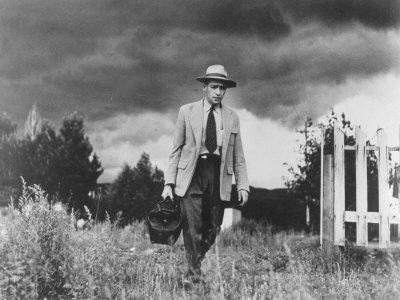It would not be wise to live by a supposed faith, and cast off the physician and his medicines, any more than to discharge the butcher, and the tailor, and expect to be fed and clothed by faith. — C.H. Spurgeon
If you have a headache, you’ll likely take a pain reliever. Cut your hand and need stitches? No hesitation. Hurry right over to the Doctor’s office. Break a bone? You’ll get it set and casted. A toothache? A trip to the dentist is acceptable.
Depressed?
What does one do when the malady is no less real but seemingly less physical, deeply interior, widely misunderstood and shrouded with a spiritual and social stigma?
Many simply try to bravely soldier on in silence by themselves.
Plagued by a sense of guilt and the shame of feeling weaker than one ought, Pastors who are battling depression may begin to think and later believe:
- I should be able to pull out of this
- I need to do _______________ more
- I must not be trusting God
- I have failed as an example
- I am unfit for ministry
So, week after week, that pastor gathers all the strength he can muster and struggles through another round of sermon prep, counseling, administration and leaders’ meetings. Burdened by the urgency of the Great Commission and the needs of the congregation, he keeps fighting and struggling.
Spurgeon writes: “No, rather, we do see every day that amongst the best of God’s servants, there are those who are always doubting, always looking to the dark side of every providence, who look at the threatening more than at the promise, who are ready to write bitter things against themselves.”
The best of God’s servants may battle depression.
How does one begin to treat depression of this sort? Not quickly. Patience is necessary. In our culture we have little patience for slow convalescences. Healing will come, but with a creeping slowness that defies our desire for immediate relief. Treatment must also be multi-faceted. Spiritual, physical, relational and medicinal means must be employed and joined together in unison as one battles depression.
What about medication?
Spurgeon writes: “It would not be wise to live by a supposed faith, and cast off the physician and his medicines, any more than to discharge the butcher, and the tailor, and expect to be fed and clothed by faith. “We make use of medicines, but these can do nothing apart from the Lord, ‘who healeth all our diseases.’”
Medication for depression can be rightly viewed as a grace gift from God, rather than a crutch, and its appropriate use, combined with faith in God, commendable.
Here’s a reality as pastors we may not like, but must not ignore: There are times when biblical truth and spiritual counsel cannot be heard because the physical malady is too great. Reading the Psalms to a man in full cardiac arrest doesn’t make sense, does it? The one sitting in our office for counsel or standing at the front for prayer may be in no less grave physical condition and is as unable to receive the blessing of Scripture not because of unbelief, but because of a crisis as equal physically, although invisible.
Medication may enable the counsel to be heard, comprehended and applied. I have a friend who says the benefit of medication is that “It helps quiet the noise in my mind, so I can hear and listen to the truth of God’s Word.”
I agree – and would add that medication makes the skies seem less dark and the valleys less deep. It bolsters my ability to believe God and press on, even in the midst of the everyday battles one encounters in ministry.
Should a pastor take medication for his depression? After prayer, consultation with his spouse, his elders and his physician, he may rightly decide. Medication for treating depression should not be rejected out of hand.
Consult a Christian counselor and physician and make this a matter of prayer and decision in community with those you trust and love.
Quotes taken from “Spurgeon’s Sorrows” by Zack Eswine
Originally published Nov. 5, 2015
Published February 4, 2022


